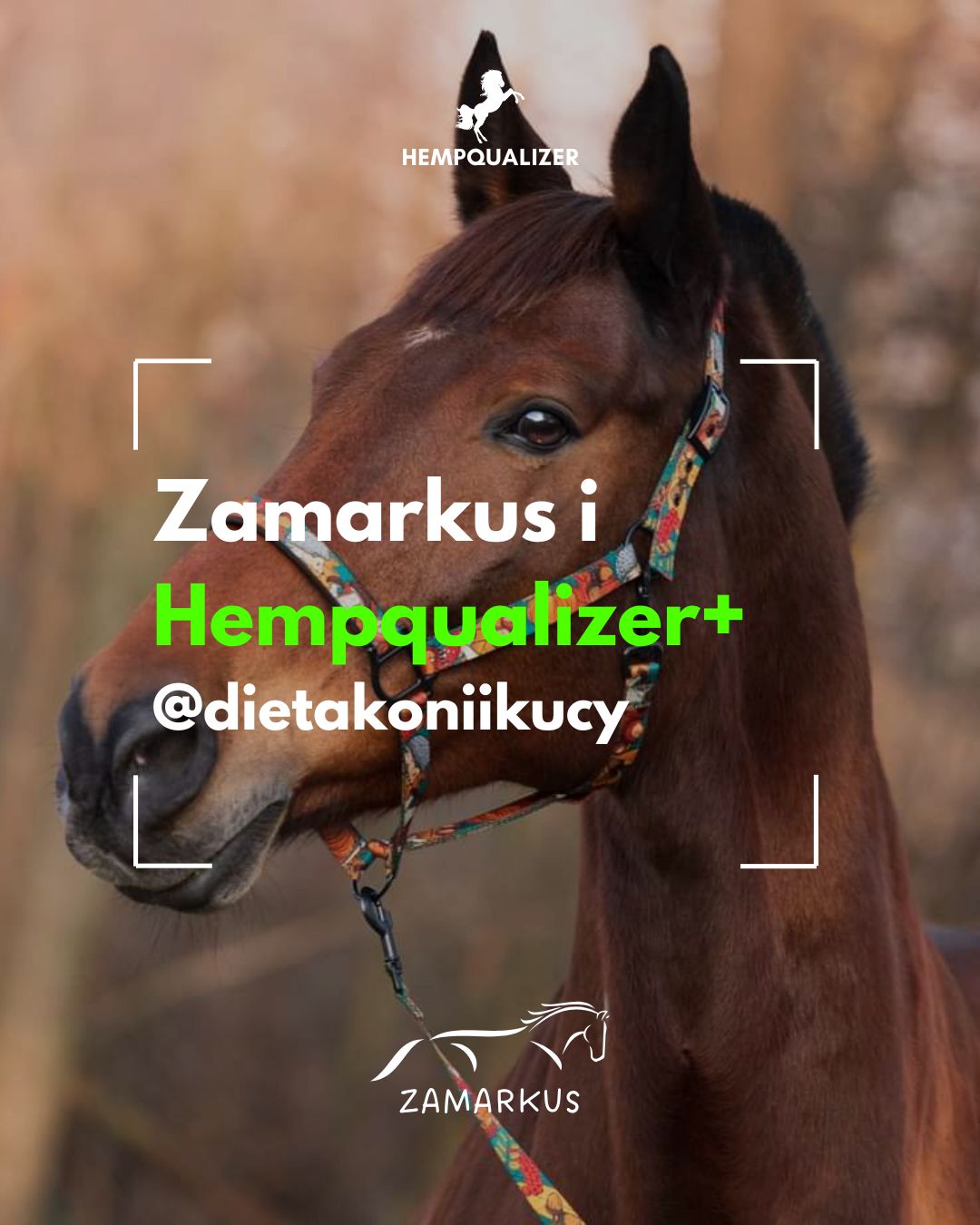We present another case of a horse suffering from headshaking syndrome. This is Zamarkus, already known from previous materials.
ZAMARKUS, 17 YEARS, GELDING
SYMPTOMS:
For several years, there has been recurring "headshaking" during the summer. The cause is probably a combination of an allergy to dust or seasonal pollen along with a mild form of sweet itch. The problem mainly occurs in the paddock, where the horse feels discomfort, starts shaking its head, walks nervously, and bothers other horses. In the stall, unless an extra factor occurs, such as the disappearance of his best buddy, the problem does not occur.
During work, both from the ground and under the saddle, it sometimes stops and rubs its nose on its leg.
METHODS OF DEALING WITH THE PROBLEM:
Previously, the only thing that helped in daily functioning were cyclic physiotherapy treatments, daily massages of the facial nerve area, a mask covering the entire head including the nostrils, and on worse days, bringing him back to the stall.
Pouring or soaking the head in water also provided great relief, but the effect was short-lived.
EFFECTS OF USING HEMPQUALIZER+:
We have been using Hempqualizer+ periodically for 3 seasons now due to many problems. This year also started with headshaking, rubbing against other horses, and creating a "nervous atmosphere" in the paddock.
A very quick improvement was seen in terms of headshaking. After administering 3-4 doses, the horse began to rest again in the paddock.
Currently, he does not need any mask to rest calmly and safely for himself and other horses in the paddock. During work, unless an insect attacks him, the problem of stopping and scratching has also disappeared.
Skin changes caused by bites are also very mild and do not develop into inflammations, as was previously the case.

